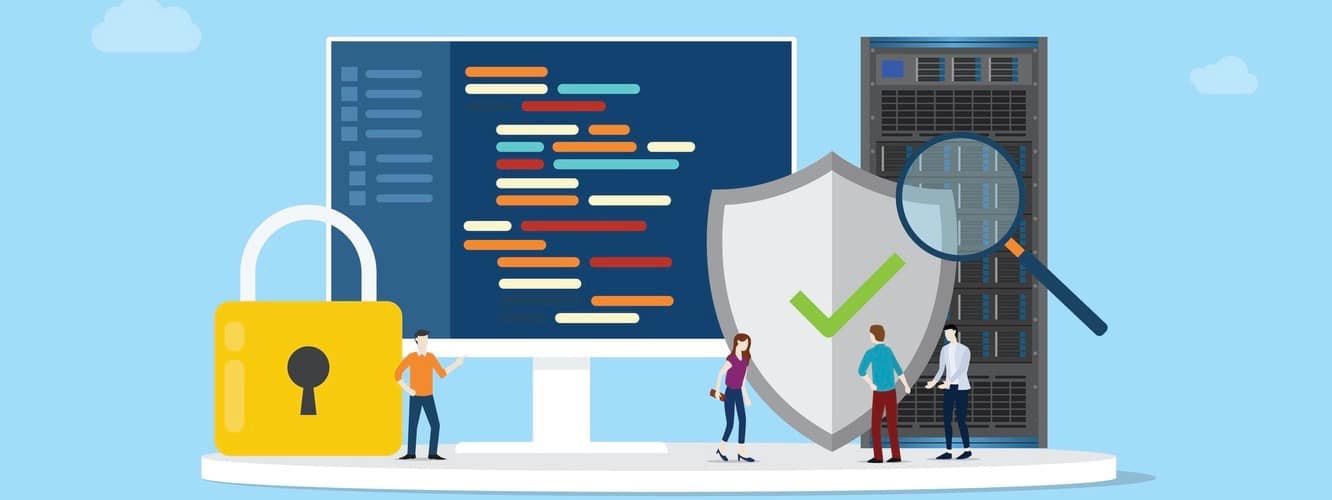With more and more of your daily life taking place online, it can be easy to find yourself targeted by hackers. Hackers have numerous tools at their disposal, and they’re constantly developing new tools and techniques in order to steal the personal data of hapless internet users. Businesses in particular are enticing targets because of their dependence on market data and the private information of their clientele.
The good news is that companies have a greater budget with which to secure their network, and cybersecurity experts are working around the clock to counter known cyber threats. Here’s what you need to know in order to protect your company from data theft.
Encryption and decryption
One of the most fundamental cybersecurity tools available is that encryption. Encryption is the process of scrambling data so that it can’t easily be understood in the event that hackers intercept it, and this is the bedrock of safe online browsing. However, as basic as this method of protection is, it isn’t a given under the existing HTTP framework of the internet. Each individual website owner is responsible for securing his or her own network with SSL decryption and encryption protocols in order to protect their network and its users from the negative influence of hackers.
Unsecured websites can be taken over by hackers and can become minefields of malware, for starters, a fate that is all too common for website holders that don’t pay for SSL certification. Unsecured websites can also silently feed hackers your customers’ private information, potentially resulting in identity theft.
Multi-factor authentication
Passwords are a staple of cybersecurity, but they are woefully insufficient in terms of their basic premise. Hackers can often easily guess a given user’s password by doing some research on the target and running through a list of common password generation techniques such as birthdays and the names of loved ones. Multi-factor authentication can help to even the playing field by supplementing your password by demanding an additional verification of your identity. This typically takes the form of a code sent to your smart phone or your email.
This method works because a hacker would be required not only to crack your password, but also to obtain access to your phone and/or email account. This isn’t a foolproof system, because many people use the same password across multiple accounts, for example, and that can make it easier for multi-factor authentication to fail. However, each additional credential required protects your account and deters cyberattacks.
Security software
The bulk of cybersecurity takes the form of software. This starts with the humble firewall that simply blacklists or whitelists certain activity on your network to the more complex and specific DDoS prevention tool kit. More ubiquitous is antimalware software, because malware itself is a fairly common tactic among hackers. While DDoS attacks can only really affect businesses and are difficult to orchestrate, malware operates via a set it and forget it methodology that makes it an ever present threat in need of an equally permanent solution. Network security depends upon network monitoring software and analysis in order to catch suspicious activity that often preempts cyberattacks.
In addition, intrusion detection and intrusion prevention software can act as a sort of security system for your network that can attempt to thwart unauthorized access to your network and act as an alarm when access can’t successfully be denied when it otherwise should be. There are numerous types of cybersecurity tools, each with its own strengths and weaknesses, so full protection entails building a complex web of interconnected, complimentary pieces of software.
Consulting cybersecurity experts is by far the best way to acquire a holistic cybersecurity system.
Modern businesses depend on state of the art technology and online interactions, but this opens companies up to a variety of digital threats. Protecting your business from these threats can be complicated at first blush, but these tips and consulting with cybersecurity professionals will help you thwart hackers at every turn.





